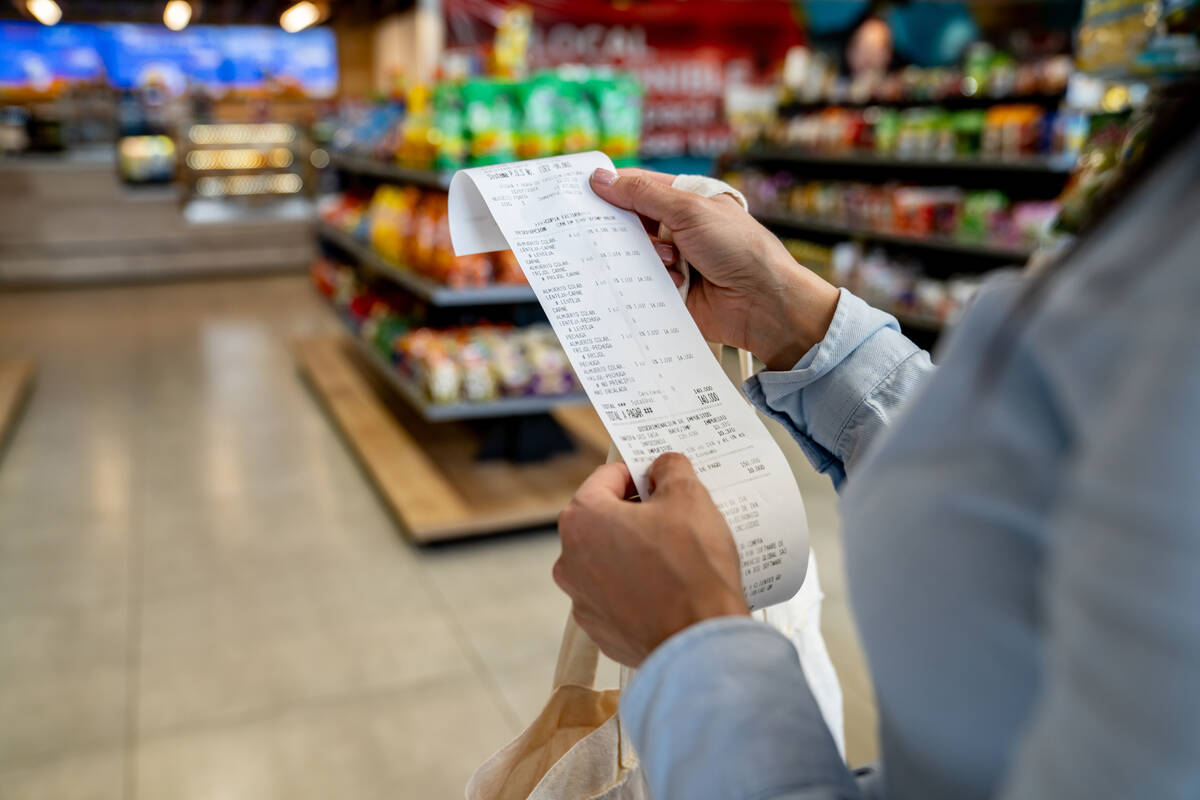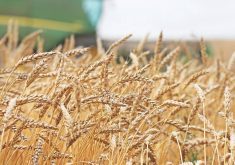General Mills still supports genetically modified (GM) technology, despite the food company’s move to market Cheerios as free of GM ingredients, a company representative told CropSphere delegates Tuesday in Saskatoon.
“From General Mills’ perspective, we want to do what consumers are anticipating and wanting,” Steve Peterson responded when asked about the company’s GM-free Cheerios. Peterson is director of sourcing and sustainability at General Mills and runs a 600-acre mixed farm in Minnesota.
General Mills’ announcement to market Original Cheerios as GM-free “is not an indication that we’re going to move everything there,” Peterson said.
Read Also

Canada December retail sales down 0.4 per cent; seen up 1.5 per cent in January
Canadian retail sales decreased by 0.4 per cent in December to $70 billion on a monthly basis, led by a drop in sales at motor vehicle and parts dealers, Statistics Canada said on Friday.
Earlier this month General Mills announced it had been making their Original Cheerios without genetically-modified ingredients for several weeks. The Minneapolis-based company plans to start labelling Original Cheerios as free from genetically modified ingredients. The changes don’t apply to other Cheerios products.
“It was an easy thing for us to do because it all comes from oats and oats are a non-GM crop,” Peterson said. Changing Original Cheerios was as simple as swapping beet sugar to cane sugar, and sourcing GM-free cornstarch.
The company also has organic brands, such as Cascadian Farm and Muir Glen, which include everything from vegetables to cereals. But Peterson says 70 per cent of General Mills’ food portfolio includes GM technology.
“So we’re supporters of the technology and we believe it’s safe. But we have a large tent. Consumers across the world have many interests. And we’re satisfying all those needs.”
Next generation driving sustainability
Although General Mills aims to please consumers, it’s not today’s typical North American consumer driving the company’s sustainability efforts.
Peterson said General Mills’ data suggests about 17 per cent of consumers value sustainability. “But they will not pay one more cent for sustainable products.”
But young adults place more importance on sustainability, Peterson said.
“We’re trying to skate to where the puck is going… We think this is going to be very important in the future. And to work on this, you need to start it now.”
A rival major cereal maker, Post Foods, announced this week its Grape-Nuts Original cereal in the U.S. will be non-GMO-verified and its packaging will bear a “Non-GMO Project” seal. (Grape-Nuts Original is made with wheat and barley flour and contains neither grapes nor nuts.)
General Mills, meanwhile, is working with farmers, academics, environmental groups and even rival companies to certify its supply chain. The pilot project, dubbed Field to Market, will help the company certify products as sustainable through an international standard known as ISEAL.
The company focuses on its top 10 raw materials, which includes ingredients ranging from grain to cocoa.
On Canadian farms, General Mills will look at soil loss, land use, energy use, and climate impact. Peterson presented statistics showing that between 1986 and 2006, Canadian pea growers cut soil loss by 53 per cent. Greenhouse gases dropped 17 per cent, energy use 22 per cent, and land use 16 per cent.
General Mills has a calculator to measure sustainability at the farm level. But Peterson said getting farmers to use the calculator is “a bit like pulling teeth, quite frankly.”
“It’s ill-conceived to think that you can build a calculator and farmers are just going to come.”
The corporation plans to work with farm advisors, essentially embedding the tool into the agronomists’ work. General Mills is currently talking to Agri-Trend and Farmer’s Edge about using the calculator.
“All this will be done with your knowledge and your confidentiality will be maintained,” Peterson told delegates. General Mills wants to recruit between 70 and 80 farmers from western Manitoba and eastern Saskatchewan for the project.
Economics and sustainability
When it comes to sustainability, General Mills looks at economic issues, too. And declining oat acreage is an economic problem for the company, which typically buys about 35 million bushels annually.
It’s not a matter of oat supply drying up completely. “But the economic proposition of oats may really disrupt the Cheerios model for us,” said Peterson.
In 2009, General Mills helped fund a U.S. Department of Agriculture program that completely mapped the oat genome. It’s now working on beefing up new oat varieties.
“We’ll be releasing our own varieties in the next couple of years to address the economic sustainability challenge of oats.”
— Lisa Guenther is a field editor for Grainews at Livelong, Sask. Includes files from AGCanada.com Network staff.
Related story:
General Mills begins selling Cheerios without GM ingredients, Jan. 3, 2014


















